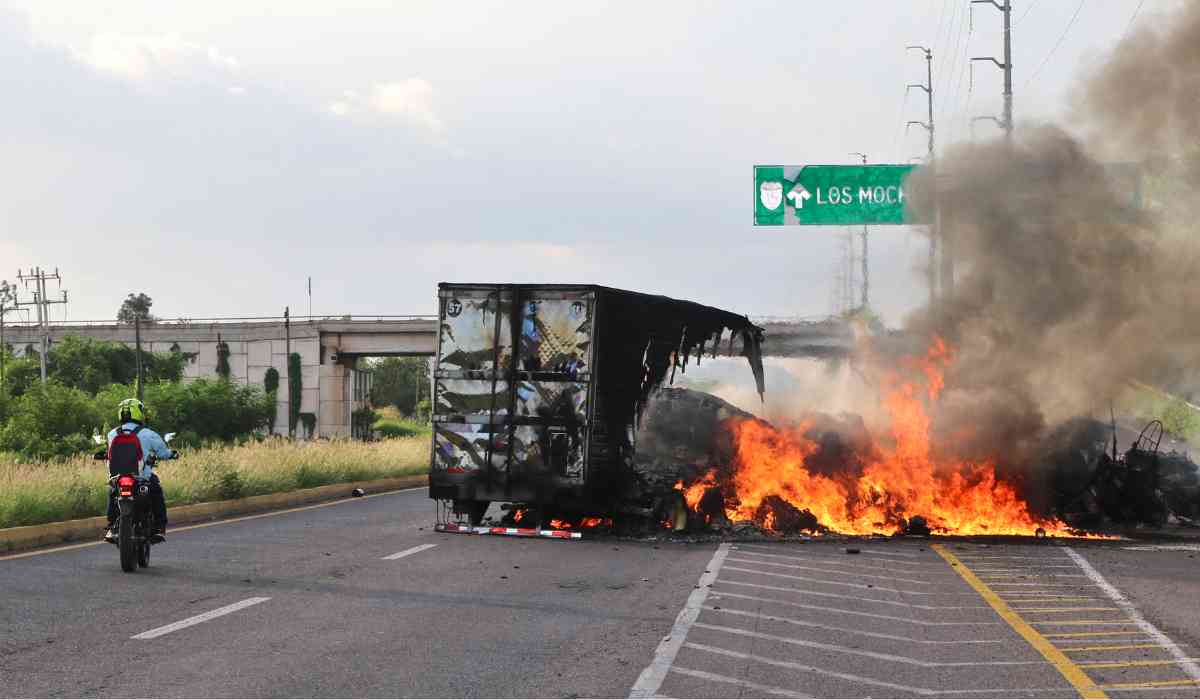In a historic move, the United States has filed its first-ever federal terrorism charges against suspects accused of helping Mexican drug cartels. This step marks a new chapter in America’s fight against organized crime, as authorities now treat some cartel activities with the same seriousness as acts of terrorism. But what does this mean for law enforcement, the accused, and communities on both sides of the border?
What Happened?

On May 17, 2025, US officials announced that Maria Rosario Navarro-Sanchez, a 39-year-old Mexican national, was indicted for providing material support to the Cartel Jalisco Nueva Generación (CJNG), a notorious Mexican drug trafficking group. According to the indictment, Navarro-Sanchez supplied the cartel with grenades and helped smuggle migrants, weapons, cash, and drugs into the United States.
This is the first time the US has used terrorism charges against someone accused of aiding a Mexican cartel. The move follows a decision by President Donald Trump’s administration to officially label several cartels, including CJNG and the Sinaloa Cartel, as “foreign terrorist organizations” earlier this year.
Why Are Cartels Being Labeled as Terrorists?
Traditionally, terrorism charges in the US have been reserved for groups like al-Qaida or ISIS-organizations that use violence for political goals. Drug cartels, by contrast, have usually been seen as criminal enterprises driven by profit. However, the Trump administration argues that some cartels are just as dangerous, if not more so, than traditional terrorist groups because of their widespread violence, intimidation, and the deadly drugs they bring into American communities.
President Trump’s executive order, issued on his first day of his second term, declared that “international cartels represent a national-security risk that exceeds that posed by conventional organized crime.” This led to the official terrorist designation for eight major cartels.
What Are the Charges?

Navarro-Sanchez faces charges for supplying weapons and facilitating smuggling operations for the CJNG. US officials claim that her actions directly contributed to violence and instability in both Mexico and the United States. The indictment also accuses her of helping the cartel traffic fentanyl, a powerful and often deadly synthetic opioid.
Other recent indictments target leaders of the Sinaloa Cartel and its factions, charging them with narco-terrorism, drug trafficking, and money laundering. These cases are part of a broader effort to use tougher laws to dismantle cartel networks and hold their supporters accountable.
What Does This Mean for Law Enforcement?
By labeling cartels as terrorist organizations, US authorities gain new legal tools. Terrorism charges carry heavier penalties and allow for broader investigations. Law enforcement can now pursue not just the cartel leaders, but also those who provide any form of support, from weapons to financial aid.
US Attorney General Pam Bondi said, “This declaration illustrates the Justice Department’s steadfast dedication to safeguarding our borders and defending Americans through effective legal action”. The FBI and Homeland Security Investigations have also emphasized their commitment to targeting anyone who helps these groups.
What Are the Implications?

For Suspects:
Those accused under terrorism laws face much harsher sentences than under regular criminal statutes. The message from US authorities is clear: anyone who helps a designated cartel can expect to be prosecuted as a terrorist.
For Cartels:
The new approach increases pressure on cartel leaders and their networks. It could make it harder for them to operate internationally, as banks and other institutions are required to avoid any dealings with terrorist organizations.
For Communities:
Officials hope these measures will reduce violence and drug trafficking, making neighborhoods safer. However, some experts warn that labeling cartels as terrorists could complicate international relations and may not address the root causes of cartel power, such as poverty and corruption in their home countries.
A New Era in the War on Drugs?

This move marks a significant shift in US strategy. By treating drug cartels as terrorist organizations, the government is signaling that it sees their activities as a direct threat to national security, not just a law enforcement problem.
While some believe this will help curb the flow of drugs and violence, others caution that it could have unintended consequences. For example, it might make it harder for the US and Mexico to cooperate on law enforcement, or it could drive cartels to become even more secretive and violent.
Final Thoughts
The first-ever terrorism charges against suspects accused of aiding Mexican cartels represent a bold new approach in America’s battle against organized crime. Whether this strategy will succeed in making communities safer remains to be seen, but it is clear that both the stakes and the rhetoric have never been higher.
As the legal process unfolds, the world will be watching to see if this new path leads to real change-or if it simply marks another chapter in the long, difficult fight against the drug trade.
With inputs from agencies
Image Source: Multiple agencies
© Copyright 2025. All Rights Reserved Powered by Vygr Media.

























